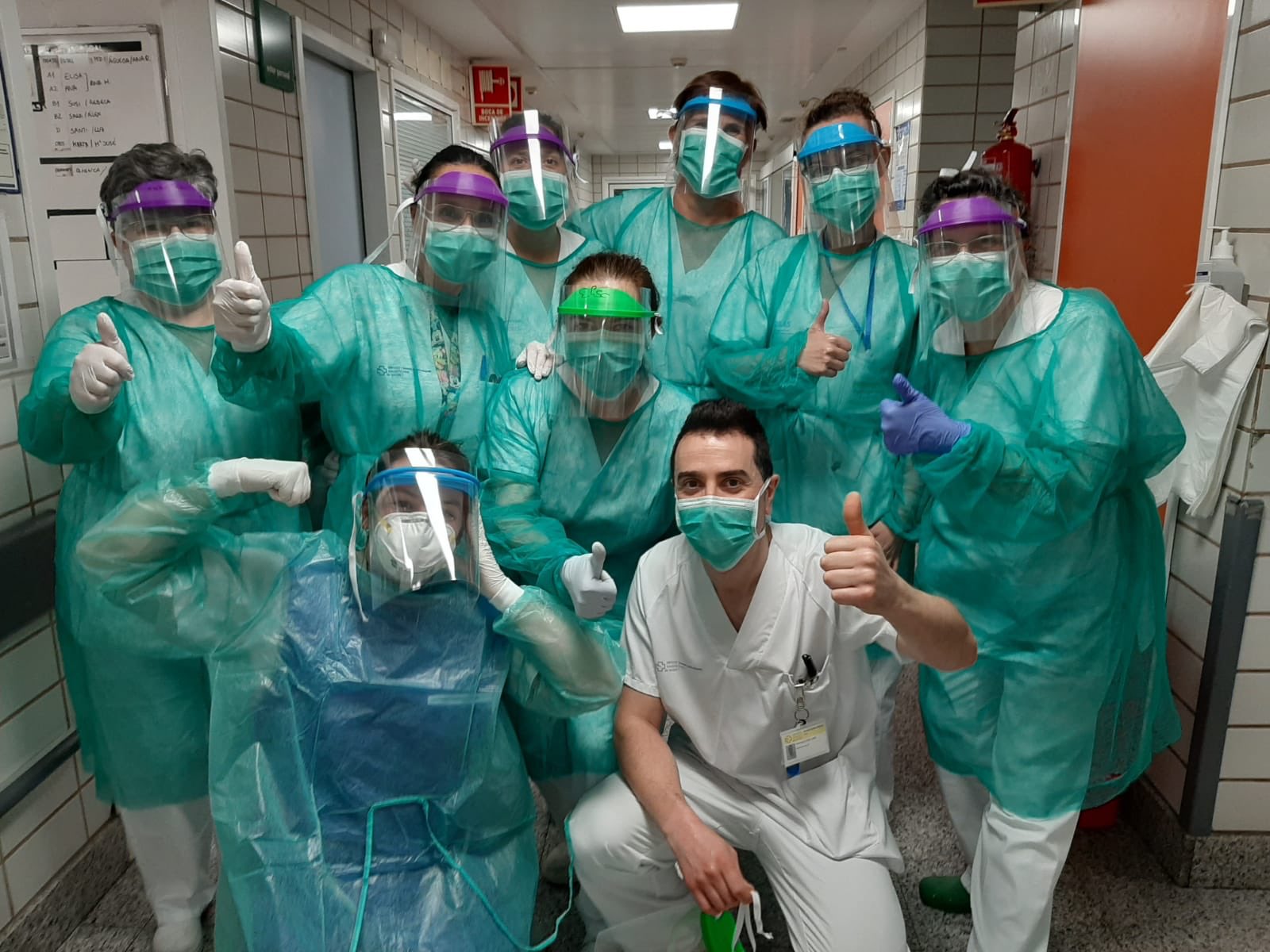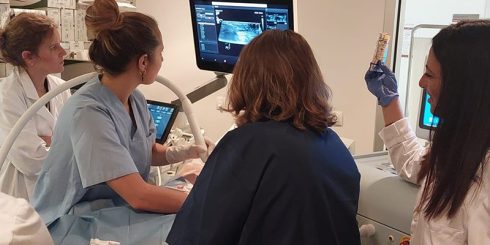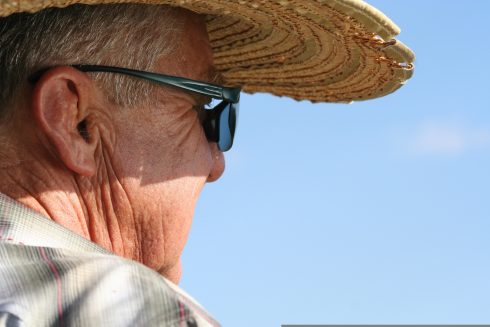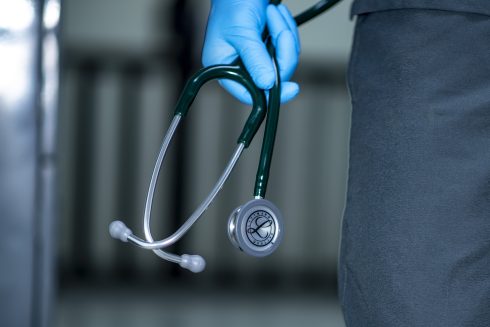FOR the first time since the state of alarm was enforced, there were no COVID-19 fatalities in the Balearic Islands yesterday.
In a further sign that the lockdown is working, the Ministry of Health also revealed that the number of ‘cured’ patients has overtaken active coronavirus cases in the region.
According to health officials, more than half of those infected with COVID-19 have recovered from the virus.
Yesterday, 80 patients were given the all-clear from healthcare professionals, bringing the total number of those cured to 696 and now leaving only 663 active cases.
The region also saw one of its ‘best’ days in regards to the number of new infections, with only 36 people testing positive for COVID-19.
Furthermore, for the first time in 21 days, Ibiza and Formentera did not register any new cases.
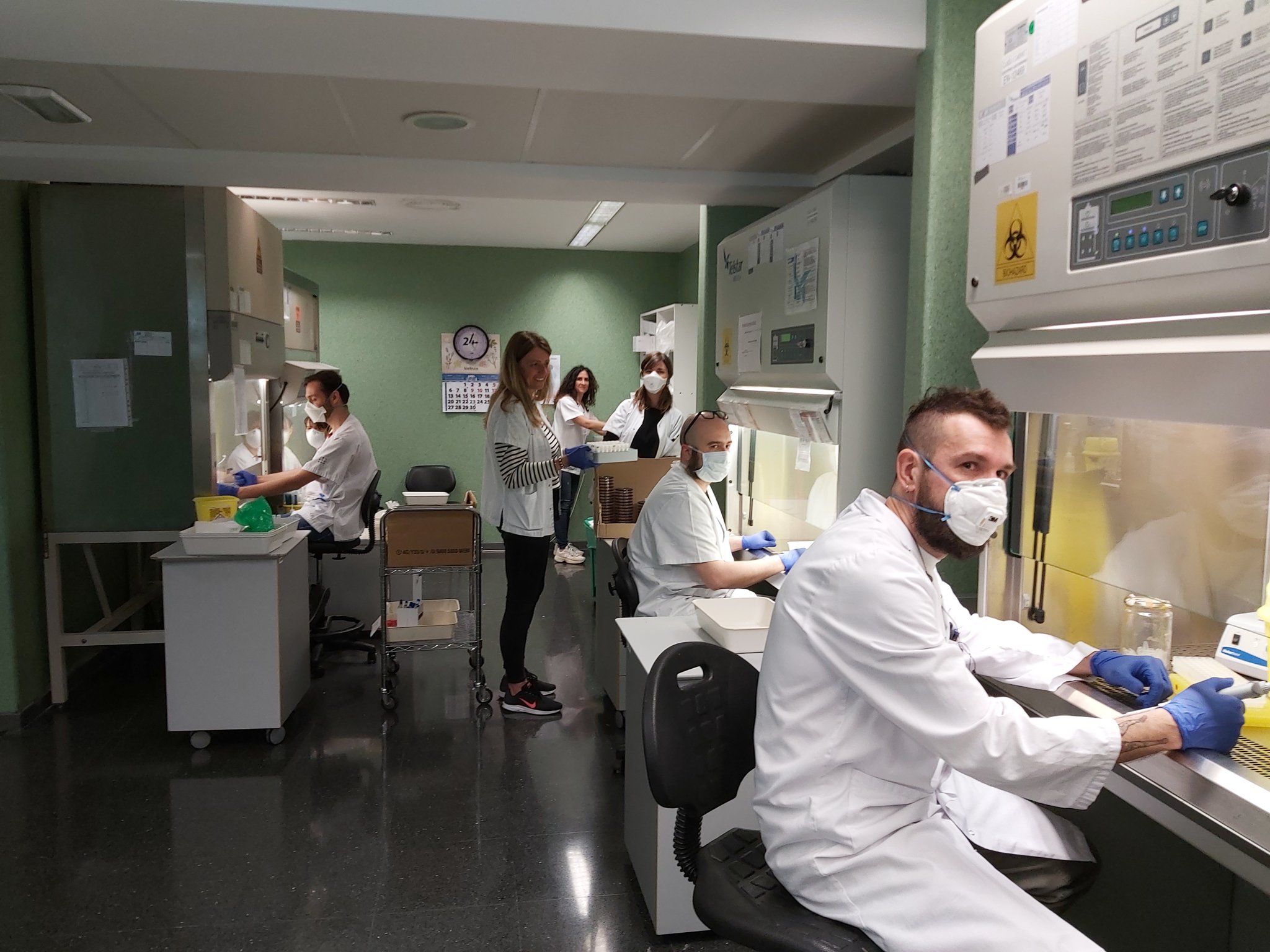
In addition, the arrival of more than 10,000 rapid response COVID-19 tests from China will help the Government of the Balearic Islands to get a better picture of the ongoing pandemic.
In recent weeks, the World Health Organisation (WHO) insisted that countries carried out as much testing as possible in order to stop the spread of coronavirus.
Announcing the latest figures, Dr Javier Arranz, who leads the Government’s advisory committee on infectious diseases, expressed his optimism about the evolution of the virus in the autonomous region.
However, he warned that the Balearic Islands are in a critical moment, stressing the importance of citizens continuing to adhere to the nationwide lockdown to ensure there is not a resurgence in cases.
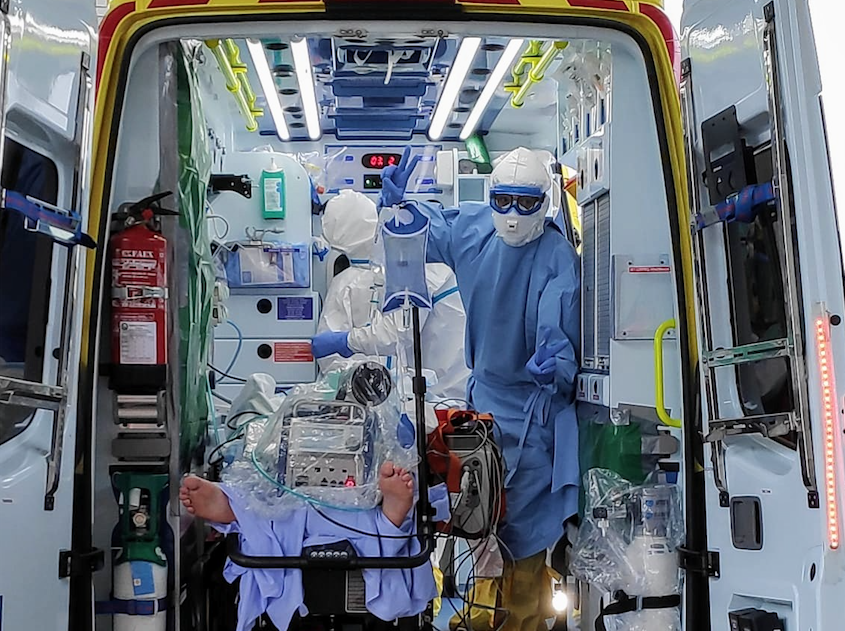
Asking the general public not to ‘ignore the rules learned to continue the downward trend in infections’, Arranz cited Singapore as an example.
The Asian country’s relaxation of restrictions appears to have allowed the virus to reappear.
Meanwhile, the Nuestra Señora del Rosario Polyclinic Hospital in Ibiza has trialled ozone therapy to treat COVID-19 patients with success.
As the first medical centre in the country to use this alternative therapy for treatment, the clinic revealed that it had seen improvements in patients after just two or three sessions.
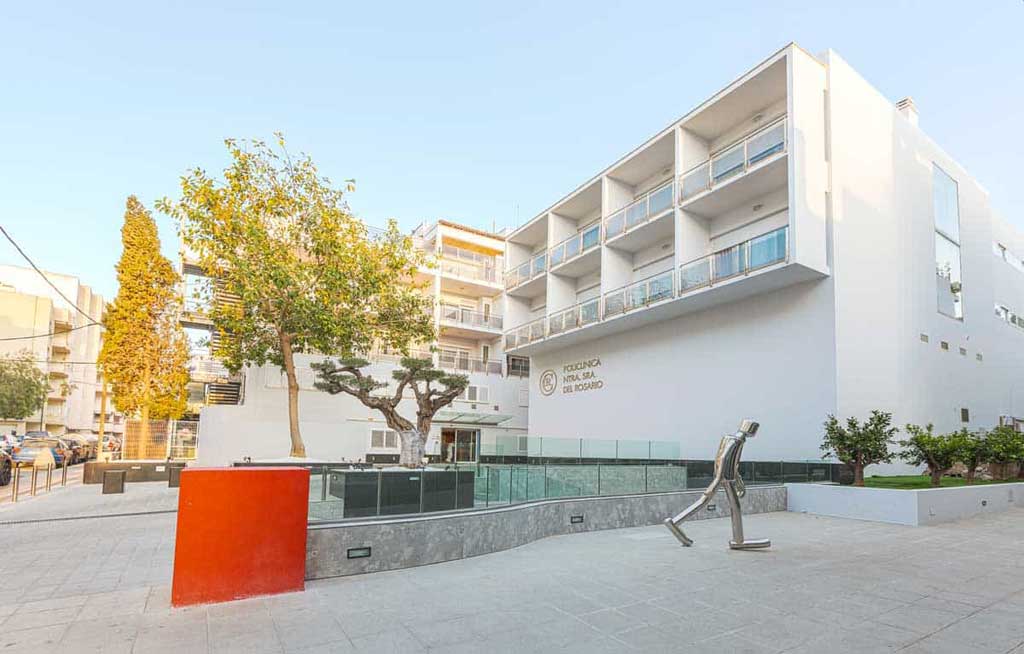
In a press release the clinic said: “Many patients who were about to be intubated and connected to mechanical ventilation have, thanks to ozone therapy, not only avoided it but improved to the point of not requiring oxygen with just a few treatment sessions.”
Using ozone to disinfect and treat conditions, improve the body’s intake and use of oxygen, and activating the immune system, the therapy has already been trialled on coronavirus patients in Italy and China.
At the Santa María della Misericordia University Hospital in Udine, 36 people with pneumonia and respiratory failure were administered with ozone therapy.
Only 3% required intubation, compared to the usual 15%, with Dr. De Monte stating that the infusion of ozone helped to strengthen the patients’ response to the effects of the infection.
There are also four clinical trials underway in China and the provisional results have shown that ozone has been effective in preventing and controlling the virus.

